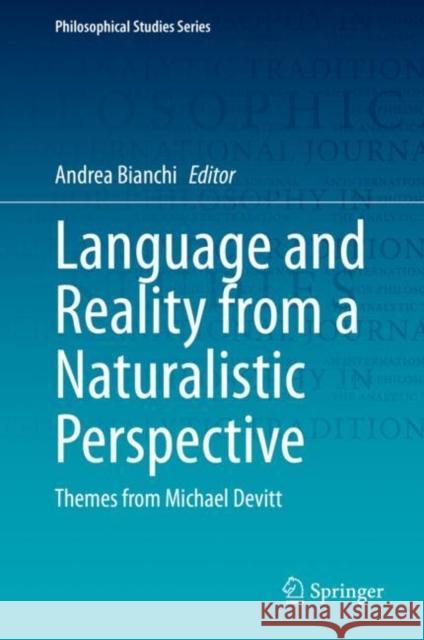Language and Reality from a Naturalistic Perspective: Themes from Michael Devitt » książka
topmenu
Language and Reality from a Naturalistic Perspective: Themes from Michael Devitt
ISBN-13: 9783030476403 / Angielski / Twarda / 2020 / 466 str.
Language and Reality from a Naturalistic Perspective: Themes from Michael Devitt
ISBN-13: 9783030476403 / Angielski / Twarda / 2020 / 466 str.
cena 724,58
(netto: 690,08 VAT: 5%)
Najniższa cena z 30 dni: 655,41
(netto: 690,08 VAT: 5%)
Najniższa cena z 30 dni: 655,41
Termin realizacji zamówienia:
ok. 16-18 dni roboczych.
ok. 16-18 dni roboczych.
Darmowa dostawa!
Kategorie:
Kategorie BISAC:
Wydawca:
Springer
Seria wydawnicza:
Język:
Angielski
ISBN-13:
9783030476403
Rok wydania:
2020
Wydanie:
2020
Numer serii:
000082113
Ilość stron:
466
Waga:
0.77 kg
Wymiary:
23.9 x 16.46 x 2.29
Oprawa:
Twarda
Wolumenów:
01











